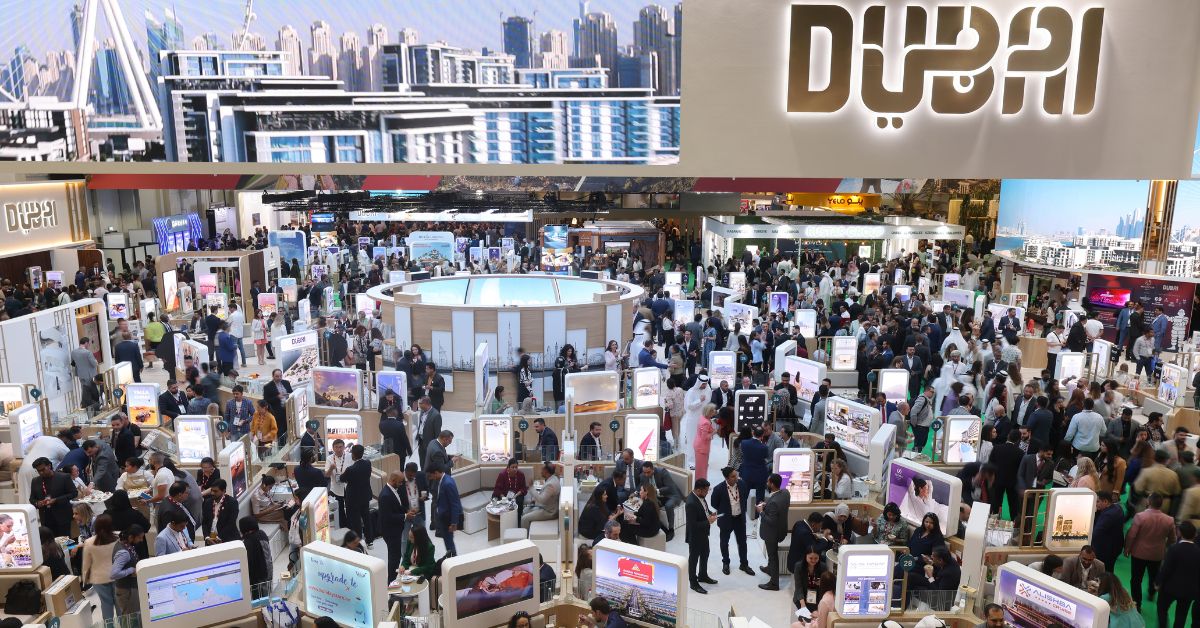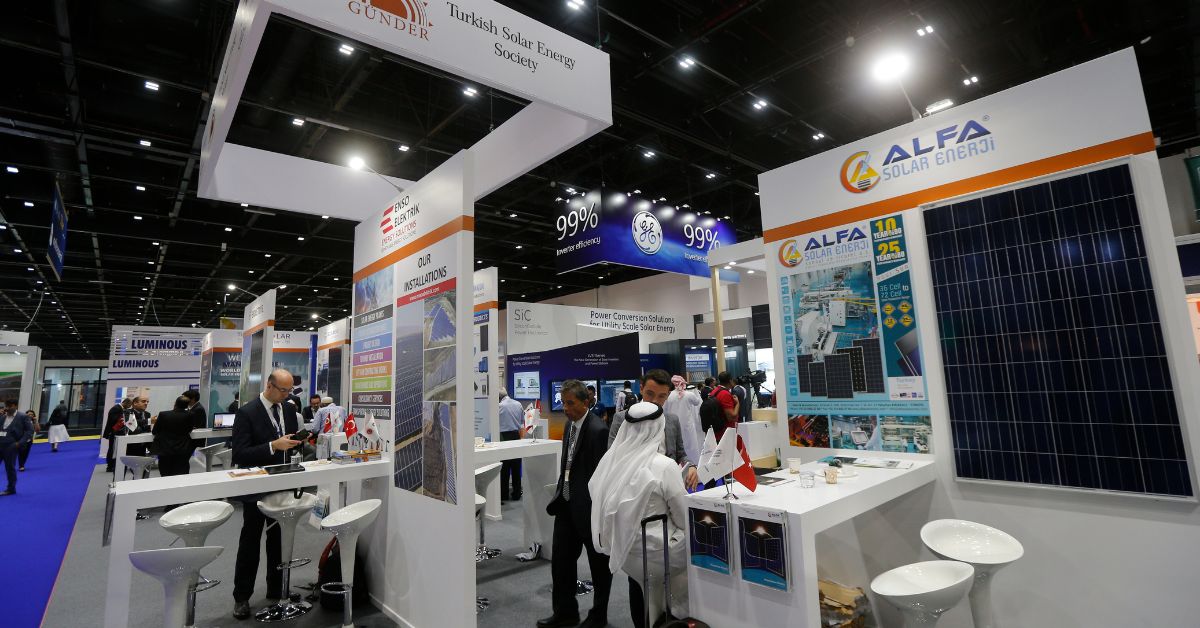ABU DHABI — The United Arab Emirates (UAE) has made significant strides in its global standing, climbing four positions in Kearney’s 2023 Global Services Location Index (GSLI) due to its flourishing business environment.
The country now holds the 21st spot, marking a notable achievement in its economic development. This year’s index also saw the debut of six other Arab nations, indicating a broader regional trend towards economic growth and competitiveness.
Kearney, a renowned global management consultancy, released the 12th edition of the GSLI, a comprehensive study that examines the crucial factors that make countries attractive as potential locations for offshore services. The index provides a valuable tool for businesses and investors seeking to understand the global landscape of service locations.
The UAE’s rise in the rankings is a testament to its robust business environment and strategic initiatives aimed at fostering economic growth and innovation.
The country, rapidly emerging as a technology hub for the Middle East and Africa, is home to over 4,000 startups, primarily located in the vibrant cities of Dubai, Sharjah, and Abu Dhabi. The country also boasts various free zones, offering businesses a range of benefits including tax exemptions and 100 percent foreign ownership.
The UAE’s strong performance in the GSLI is further underscored by its dominance in the startup scene. The country accounted for more than 55 percent of the US$ 9.1 billion raised by MENA startups in 2022, with almost 39 percent of all MENA scale-ups. These figures highlight the UAE’s pivotal role in the region’s entrepreneurial ecosystem.

The country’s talent regeneration, infrastructure, and positive relations with key Gulf and African countries make it a preferred nearshoring site for the region. The UAE’s focus on talent regeneration is particularly noteworthy, with significant investments in technological innovation and digital skills development. These efforts are paying off, as evidenced by the UAE’s improved ranking in the GSLI.
The World Citizenship Report 2023 has further highlighted the UAE’s economic prowess, rating it 20th globally and first in the Middle East and Arab region in ‘Economic Opportunity Rankings’ in the list of 128 countries. This places the UAE ahead of several advanced economies, including Iceland, Malaysia, China, Qatar, Italy, Saudi Arabia, South Korea, and Turkey.
The UAE’s economic success can be attributed to a number of strategic initiatives aimed at fostering a conducive business environment. These include the introduction of a new long-term visa regime, allowing 100 percent foreign ownership, implementing zero income tax, maintaining very low corporate income tax, and signing the Comprehensive Economic Partnership Agreement (CEPA) with several countries to facilitate and ease trade with major economies such as India and Israel.
The UAE’s economic competitiveness has also been recognized by other global indices. The country is the most competitive economy in the Arab World as per the 2022 IMD World Competitiveness Ranking. The Economist Intelligence Unit and World Bank have also rated the Emirates highly for its business-friendly environment.
In the IMD World Competitiveness Report 2023, the UAE was ranked among the world’s top 10 most competitive economies, rising two places. The UAE’s economy is now more competitive than advanced countries such as Australia, Germany, South Korea, the UK, France, and Japan.
The UAE’s ‘Economic Performance’ improved from 6th to 4th and ‘Business Efficiency’ from 17th to 16th in the sub-indexes of the IMD World Competitiveness Report. These improvements reflect the UAE’s commitment to fostering a dynamic and competitive business environment.
The UAE’s rise in the GSLI and other global rankings is a testament to its thriving business environment, strategic initiatives, and its potential as a leading technology hub in the region. As the country continues to invest in its economic development and innovation, the UAE is poised to further strengthen its position in the global economic landscape.
Other Arab countries
This year, Jordan, Saudi Arabia, Qatar, Kuwait, Oman, and Lebanon have all made their debut appearances on the Kearney’s 2023 Global Services Location Index. The inclusion of these new countries in the index underscores the importance of talent regeneration, a primary trend highlighted in this year’s GSLI report.
Jordan stands out as a formidable newcomer, thanks to its combination of a low cost of living and a plentiful supply of skilled workers. Saudi Arabia, Qatar, and Oman, on the other hand, are exceptions to the rule, as they continually strive for cutting-edge progress. Their primary goal has always been to provide an advanced technological infrastructure and commercial setting. However, due to financial unattractiveness and a lack of ease in hiring, these places ranked lower on this year’s Index.
This suggests that Saudi Arabia, Qatar, and Oman have the potential to become regional leaders in digital innovation, particularly when considering the region from a business environment and digital resonance perspective.
Egypt’s ranking in the GSLI index has dropped to 23, a decline of eight places, primarily due to its lack of digital focus. This decline can be attributed to rising labor costs and currency volatility, as the Egyptian pound depreciated against the US dollar in 2022.
The country’s public debt has also grown to US$ 163 billion, accounting for almost 93 percent of the country’s GDP. While Egypt scores very low on the intensity of technology innovation, the government is starting to focus on developing emerging technological skills.
Public-private partnerships have been established with the Information Technology Industry Development Agency to improve young IT professionals’ access to the labor market and employability. These initiatives are fostering their professional growth and helping Egypt maintain its position as a regional talent and offshore hub.








